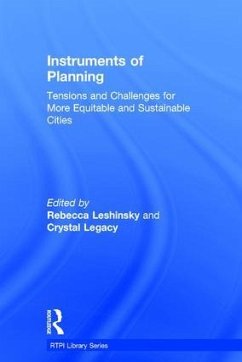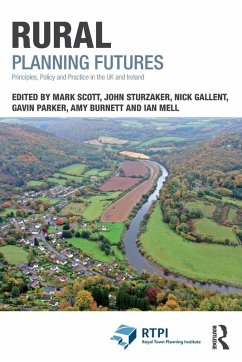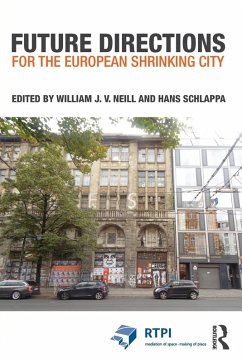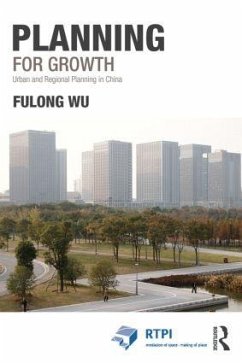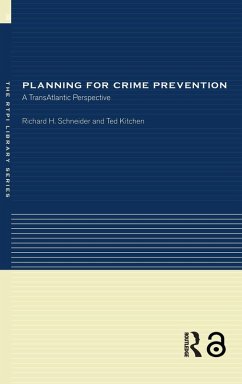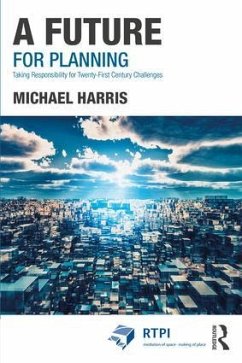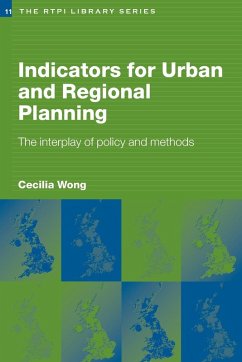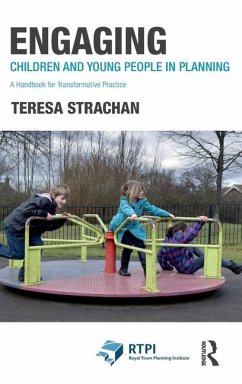
Instruments of Planning
Tensions and challenges for more equitable and sustainable cities
Herausgeber: Leshinsky, Rebecca; Legacy, Crystal
Versandkostenfrei!
Versandfertig in 1-2 Wochen
69,99 €
inkl. MwSt.

PAYBACK Punkte
35 °P sammeln!
Instruments of Planning: Tensions and Challenges for more Equitable and Sustainable Cities critically explores planning's instrumentality to deliver important social and environmental outcomes in neoliberal planning landscapes. Because each instrument is unique and may be tailored to its own jurisdictional needs, Instruments of Planning is a compendium of case studies from urban regions in Australia, Canada, the United States and Europe, providing readers with a collection that critically challenges the role and potential of planning instruments and instrumentality across a range of contexts. ...
Instruments of Planning: Tensions and Challenges for more Equitable and Sustainable Cities critically explores planning's instrumentality to deliver important social and environmental outcomes in neoliberal planning landscapes. Because each instrument is unique and may be tailored to its own jurisdictional needs, Instruments of Planning is a compendium of case studies from urban regions in Australia, Canada, the United States and Europe, providing readers with a collection that critically challenges the role and potential of planning instruments and instrumentality across a range of contexts. Instruments of Planning captures the political, institutional, and economic challenges that confront planning. It examines planning instruments designed to assist with strategic planning and implementation, and considers the role that technology plays in unpacking and understanding complexity in planning. Written by Rebecca Leshinsky and Crystal Legacy of RMIT University in Melbourne, Australia, this book fills the gap in planning theory about the instrumentality of planning in the neoliberal urban context. It is essential reading for students, urban researchers, policy analysts and planning practitioners.





